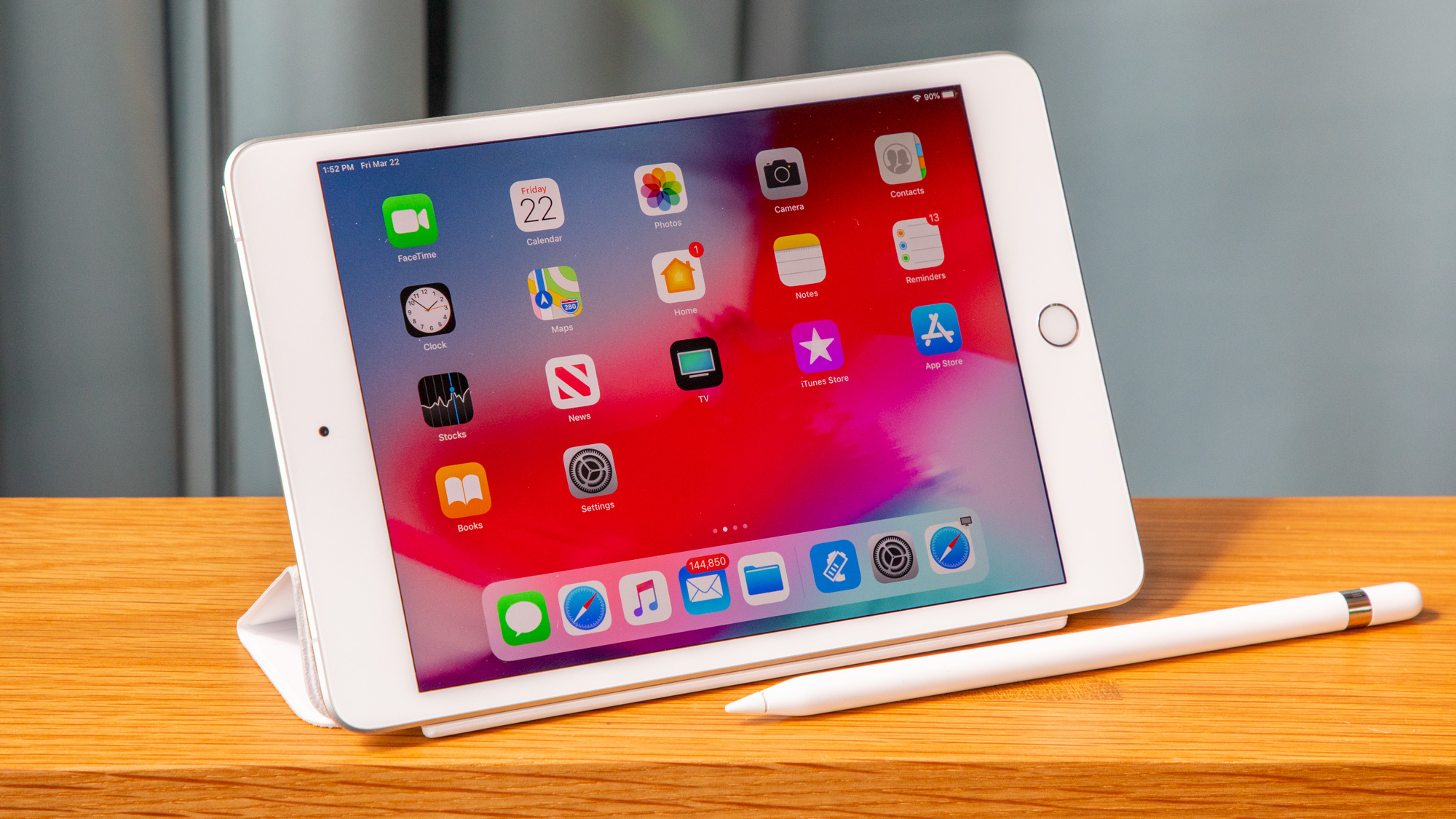
The role of iPad in Israeli education: success stories and challenges
In recent years, the integration of technology in education has changed the way students in Israel learn and interact with educational content. One notable device that has played a significant role in this educational revolution is the iPad. In this article, we look at the success stories and challenges surrounding the role of iPads in Israeli education.
success stories:
1. Improved learning experience:
The iPad has enriched the learning experience for students throughout Israel. Interactive educational apps, digital textbooks and multimedia content have made learning more fun and accessible. Students can explore complex subjects through interactive simulations, videos, and animations, making even the most complex topics easier to understand.
2. Personalized training:
One of the strengths of the iPad in Israeli education is its ability to adapt to individual learning styles and paces. Apps and software can adapt to a student's progress by providing personalized exercises and assignments. This personalized approach helps students master concepts at their own speed, ensuring no one is left behind.
3. Accessibility and Inclusion:
The iPad has changed the game for students with diverse learning needs. Accessible features such as voice-over, zoom, and speech-to-text have made educational content easier for students with disabilities to access. Israeli schools have implemented these features to create inclusive learning environments.
4. Collaboration and Communication:
Collaboration tools and apps available on iPad promote teamwork and communication among students. Group projects, virtual discussions and shared digital whiteboards have become common practice in Israeli classrooms. This collaborative approach prepares students for the demands of today's workforce.
5. Empowering Teachers:
iPads have also empowered teachers in Israel. They can use the devices to simplify administrative tasks, assess student progress, and access a variety of learning resources. Teachers can more effectively tailor lessons to individual student needs, resulting in improved learning outcomes.
Problems:
1. Device management and security:
Managing the large number of iPads in Israeli schools can be challenging. Ensuring that devices are current, secure, and used for educational purposes is an ongoing challenge. Schools should invest in mobile device management (MDM) solutions and security measures to protect student data.
2. Digital Divide:
Although many Israeli schools have adopted iPads, not all students have equal access to this technology. The digital divide remains an issue as some students may not have an iPad or reliable internet connection at home. Solving this problem requires equitable distribution of devices and connectivity solutions.
3. Screen Time and Distractions:
Excessive screen time and potential distractions from non-educational apps and content can cause anxiety. Achieving a balance between productive iPad use and leisure time is a challenge for educators and parents in Israel.
4. Teacher training:
Effectively integrating iPads into education requires proper teacher training. Some teachers in Israel may still be adapting to the use of technology in the classroom. Professional development and ongoing support are necessary to maximize the iPad's potential.
5. Selection and quality of applications:
Choosing the right educational apps and content can be challenging. Not all applications are of the same quality or meet curriculum standards. Schools in Israel must carefully select their apps to ensure they enhance the learning experience.
Conclusion:
iPad has undoubtedly had a positive impact on education in Israel. Its success stories include improved learning environments, personalized education, inclusion and improved teacher capabilities. However, to fully exploit the potential of iPads in Israeli education, issues such as device management, the digital divide, screen time issues, teacher training, and app selection must be addressed. As technology continues to advance, it is critical for Israel's educational system to adapt and ensure that students receive a well-rounded education using modern technology.






